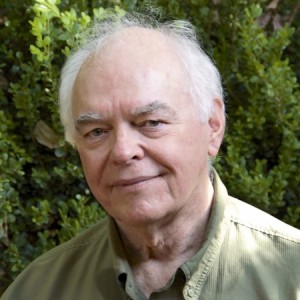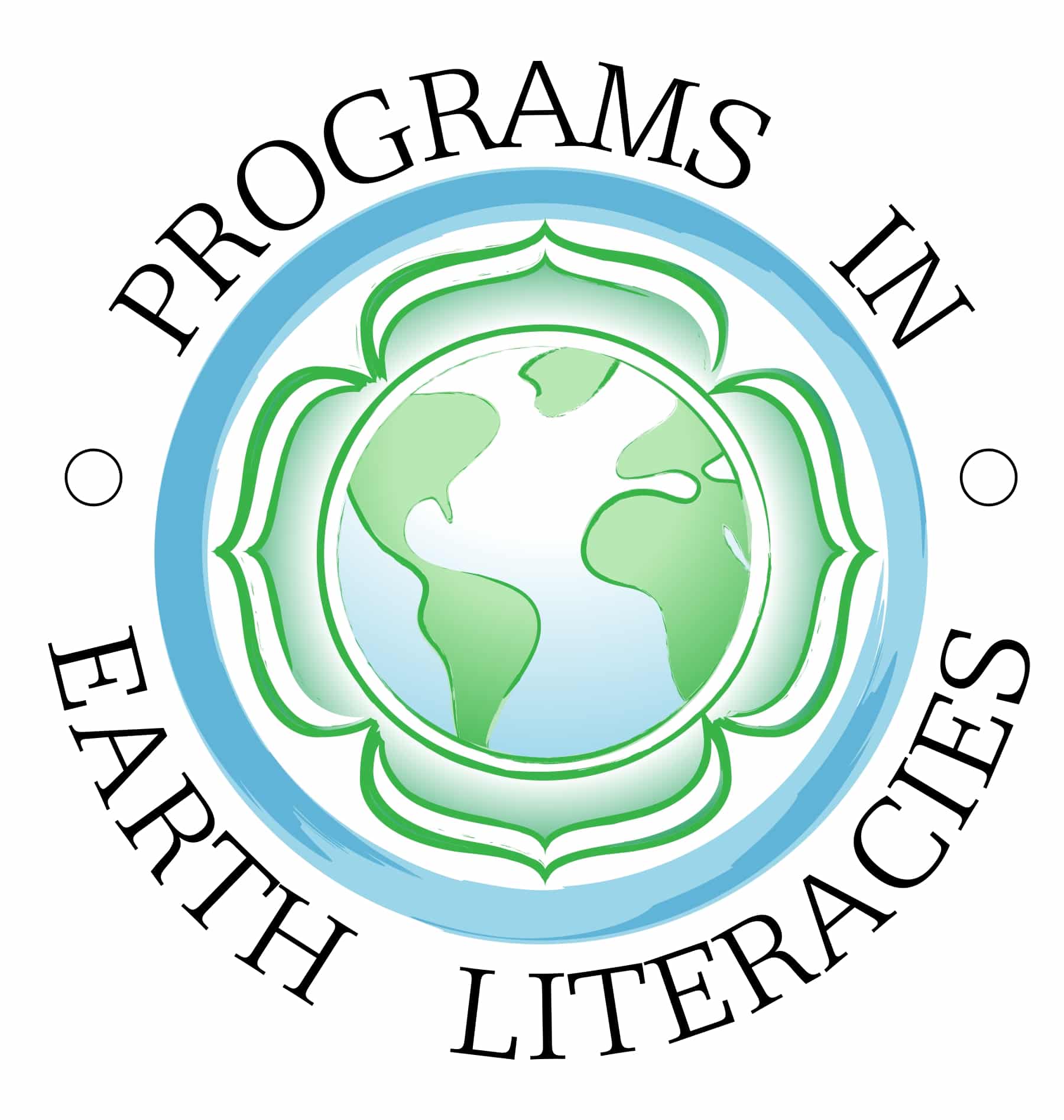Home › Forums › Deep Time Journey Forum › A boundary between science and religion in teaching?
- This topic has 5 replies, 3 voices, and was last updated 8 years, 7 months ago by
 Davidson Loehr.
Davidson Loehr.
-
AuthorPosts
-
-
September 23, 2015 at 1:34 pm #4777
Anonymous
InactiveHello again, all!
I’ve lately gotten in trouble with some of my militant atheist friends for our schools’ practice of not differentiating between scientific and religious stories at the opening of our curriculum.
That’s not to say that we’re saying both sorts of stories have equal veracity: rather, that we’re prompting the students to ask that question, and then helping them look at evidence.
I’ve set out how we’re starting our Big Spiral History curriculum in this (long) blog post:
How to teach evolution, creation, & the giant cow that licked the world into being
And I’ve talked about how we’re bringing lots of science history (lots and lots and lots of it!) into our Big Spiral History curriculum in this (short) blog post:
What can a science education be? (How stories and riddles can save the world.)
And, wrapping it up some, I’ve set out our most controversial (and big-picture) vision about how we shouldn’t differentiate (at the outset) between “scientific” and “religious” understandings in this (impressively compact) post:
Religion, meet science. Science, religion!
I would love to hear ALL of your comments, criticisms, and “yes ands”!
-
September 23, 2015 at 2:21 pm #4778
 Jennifer MorganParticipant
Jennifer MorganParticipantBrandon,
It’s a really interesting approach you’re exploring to give the students the different creation stories including the science story and then inviting them into a process of exploring the differences. Please let us know what you learn in this first year. It may be a great topic for a professional development session once you have experience with it.
Have you looked at the Deep Time Education Principles? Would love to have any comments.
Deep Time Education Principles:
https://dtnetwork.org/resource/principles-of-deep-time-education/
Forum Discussion on Deep Time Education Principles and Professional Development:
Jennifer
-
September 23, 2015 at 4:20 pm #4780
 Davidson LoehrMember
Davidson LoehrMemberBrandon,
OK, more on this. One object of this kind of education should be to help students back off from their certainties to test other assertions. Very few people of any age can do this. It’s important to keep from worshiping science — or capitalizing it! There are some excellent examples of scientists being dead certain and dead wrong, in spite of overwhelming empirical data showing their certainty is misplaced. My single favorite is still the story of Ignatz Semmelweiss — a tragic story. In the mid-19th century, he decided that doctors who came from doing autopsies to delivering babies were carrying something that was killing a lot of young mothers on maternity wards. So he made all the doctors in his charge wash their hands in … I think it was bleach, I forget now. As a result, the mortality rate on his wards dropped to around 1/10th of what it was in other hospitals (again, check the story: I think this fraction is about right). He also wrote on it, and lambasted other doctors for killing mothers, etc. (So, no great social or political skills.) But the difference in mortality rates of young mothers screamed that the medical certainties of the time were dead wrong. The response that gets me every time came from one of the most respected obstetricians of the day, who said, huffily, “Doctors are gentlemen. And a gentleman’s hands are always clean.”
Yes, this was before germ theory was developed, so it sounded like Semmelweiss was saying that “unseen forces” were killing young mothers — which sounds pretty silly. At least until powerful microscopes were developed, and Pasteur had done his experiments.
I think the only way to teach what you want to teach is to draw a distinction between literal facts, and metaphors. Stories are metaphors. And to outgrow them means becoming able to say things that would have had you burned alive at the stake not all that long ago: like “You know, ‘God’ isn’t a useful symbol any more.” (One on the other side would be having students realize that science can’t tell us how we should live, so that when we look back in ten or fifty years, we can be glad we lived that way. Of course, many religions can’t, either.)
Davidson
-
September 23, 2015 at 4:29 pm #4782
Anonymous
InactiveDavidson! You wrote:
One object of this kind of education should be to help students back off from their certainties to test other assertions. Very few people of any age can do this.
Entirely agreed, and emphatically seconded!
(My own thinking on this has been guided by Jonathan Haidt’s book, The Righteous Mind: Why Good People Are Divided by Politics and Religion. I tried to find a mix of conservative Christian and liberal secular high school students to do a class on this book a couple years ago. That… never materialized!)
In our schools, we’re trying to normalize changing your mind. We’re trying to show that it’s the rare good thinker who hasn’t killed a handful of their most sacred beliefs. (Note that “sacred beliefs” there include non-religious beliefs — like political ideologies, and even atheism.)
That’s part of why we’re starting with this “many creation narratives” approach — to begin to familiarize students with the experience of talking about the questions that matter, and to allow them to play with ideas, without strongly commiting themselves to a belief before they find excellent evidence for it.
-
-
September 23, 2015 at 6:30 pm #4784
 Davidson LoehrMember
Davidson LoehrMemberBrandon,
This all sounds very good. Two more offerings. I think etymology is very important. “Scientia” simply means “knowledge,” and “religio” basically means what we bind/tie/anchor ourselves to (the -lig is the same root as in ligament and ligature, and the “re-” means to do it again. I guess the thought is that we were once connected to something wholly lifegiving — in the womb — and yearn for that feeling in our adult lives. So questions are How we know, and what’s Worth binding ourselves to.
You can’t avoid snake-oil sellers in this area, but that’s part of the fun challenge of education.
Davidson
-
September 23, 2015 at 7:42 pm #4785
 Davidson LoehrMember
Davidson LoehrMemberBrandon,
Well, one more. It’s empirically demonstrable that we know what we respect in a person, and what doesn’t rise to that level. Over about a quarter century as a minister, I officiated at a lot of memorial services, and always had an open mike policy so friends and relatives could share memories and stories. On Sundays, I would sometimes tell people I wished they would attend more memorial services — though those are hard to arrange on command. Never once did I hear anyone say things like “He had more money than God!” “He/she laid everyone he/she set sights on.” “They scared the crap out of everyone around them, and intimidated everybody.” “They always had a new car and a really expensive house.” And so on. They might have mentioned some of these as passing comments while painting a picture of the person, but never in any tone of admiration. What people admired, praised, and shed tears over were always the same things: he cared, she touched my life, he was so very understanding, she made people want to be around her, he remembered my name…. The things our culture teaches us to lust after never make the list of things we admire about others. That’s an important lesson to learn! I’m not sure how you can teach this experientially to kids, but imagine there’s a way.
Davidson
-
-
AuthorPosts
- You must be logged in to reply to this topic.






